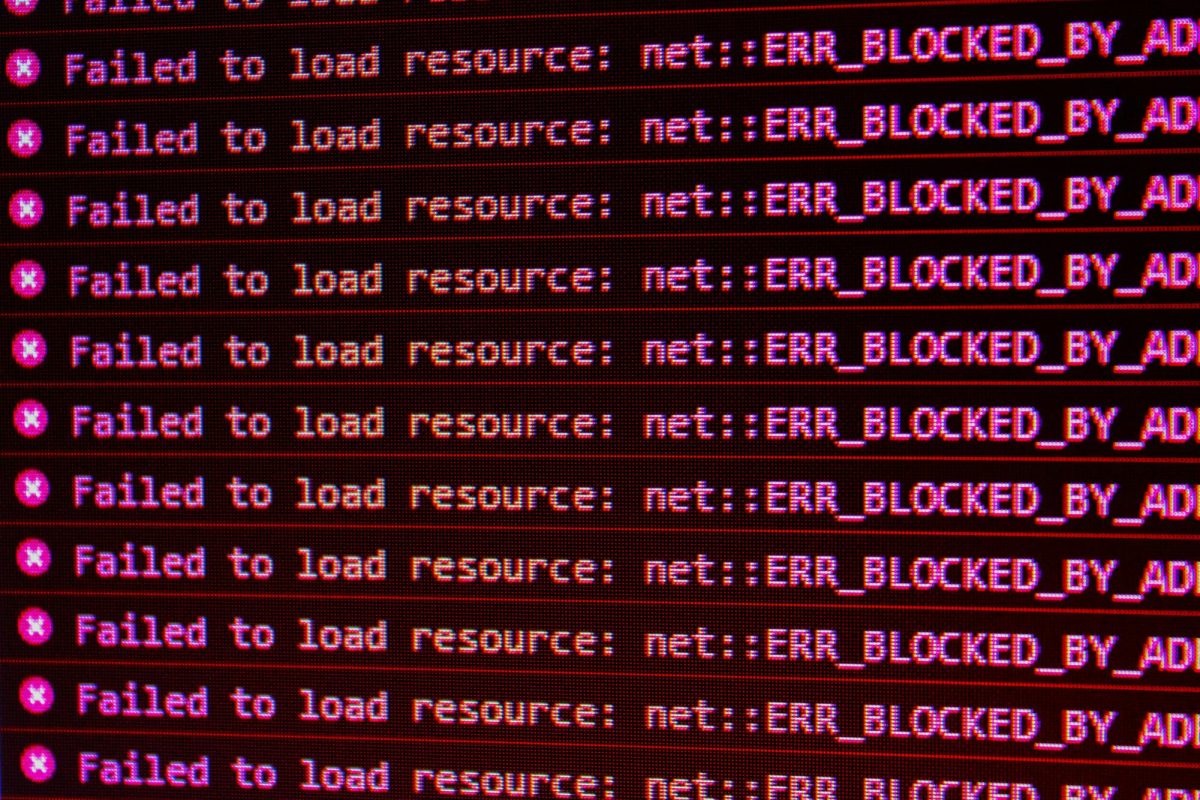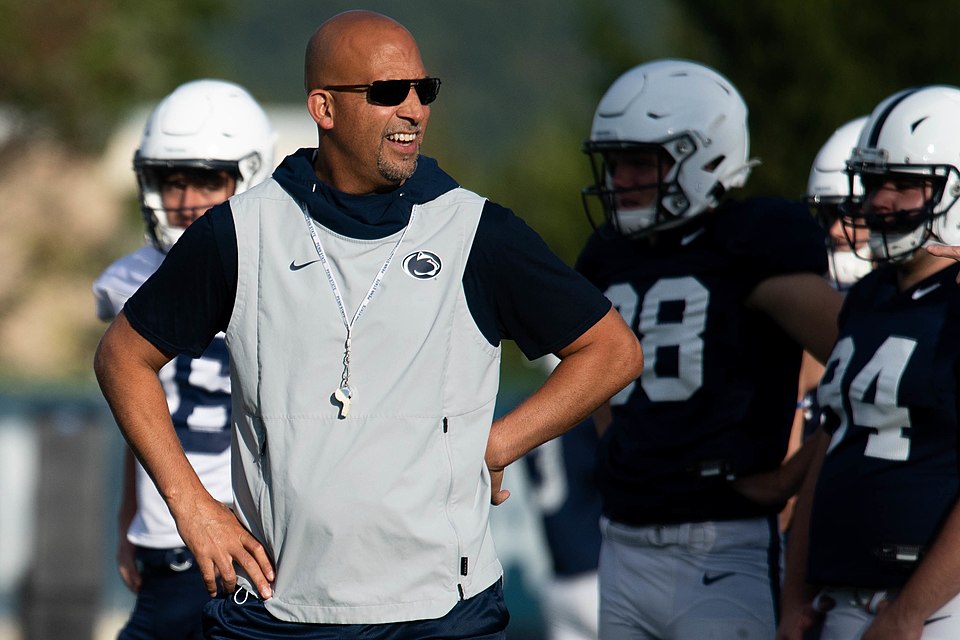Manage your mental health during pandemic and protests
June 15, 2020
Although we’re not even halfway through it, this year has been a tough one. First, there’s the global pandemic, with more than 100,000 deaths in the United States due to COVID-19, stay-at-home orders, school cancellations and skyrocketing unemployment. Then, in the midst of all that, George Floyd, a 46-year-old black man, was killed in Minneapolis when a white police officer knelt on his neck for nearly nine minutes during an arrest. Video of the incident went viral and has led to ongoing protests and riots around the country as people of all races come together and fight to end police brutality against black Americans.
Yep, this year is one for the books.
With so much going on — racial tensions, financial difficulties, fear of catching COVID-19, isolation due to social distancing — it’s only natural that people are experiencing stress, anxiety and even depression. This is especially true for college students. We’ve had to switch to online learning only, many have watched internships become unavailable, some missed out on walking across the stage during the graduation ceremony, and as job opportunities disappear, we’re all worried about the future.
Now more than ever it’s important to take care of your mental health. These tips can help:
Maintain a routine. As difficult as it may be, do your best to have some semblance of a normal life. Make sure you get enough sleep, take care of your hygiene as you would before the pandemic, eat healthy meals, study and do schoolwork, keep up with your job duties if still employed, and make time for a little relaxation and fun.
Interact with others. Although nearly everything in Texas is opening back up, it’s still best to practice social distancing. Fortunately, there are ways to spend time with family and friends. Have a Netflix Party to watch shows together, meet up with Google Hangouts or Zoom, or check out what’s happening on Instagram or Twitter.
Get moving. Physical activity causes your body to release endorphins, which make you feel good and help reduce stress. No, you don’t have to go out and run five miles (unless that’s your thing), but aim to get in some exercise each day. A walk around your neighborhood, a 20-minute session of bodyweight exercises, a YouTube workout — it all counts.
Unplug. Chances are, you’re seeing, hearing or reading something about COVID-19, the protests and racism everywhere you turn. It can be mentally exhausting to have this information coming at you from all kinds of different sources all day, every day. When you’re feeling overwhelmed, give yourself a break. Turn off the TV and don’t check your social media for a while.
Reach out for help. If you’re having trouble coping with all that’s going on, talk about it with a family member, friend, religious leader or mental health expert. During COVID-19, HCC counseling services are available by telephone, email and video conference.
Other sources for help (all are available 24/7):
- Disaster Distress Helpline — 1-800-985-5990 or text TalkWithUs to 66746
- National Suicide Prevention Lifeline — 1-800-273-TALK
- Lifeline Chat https://suicidepreventionlifeline.org/chat/
- Harris County COVID-19 Mental Health Support Line — 833-986-1919























